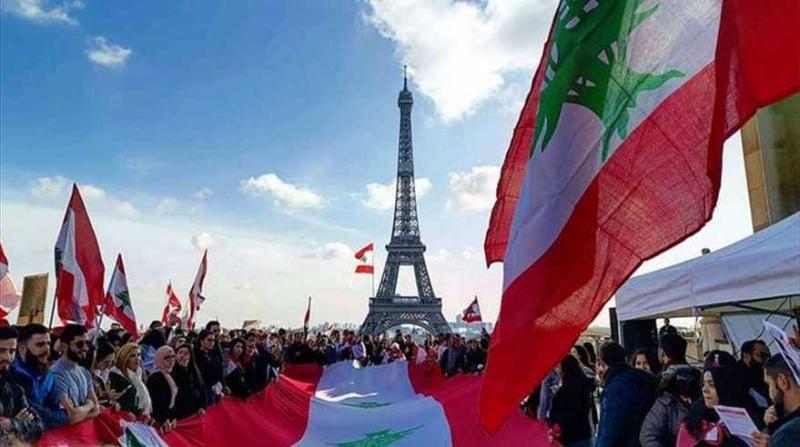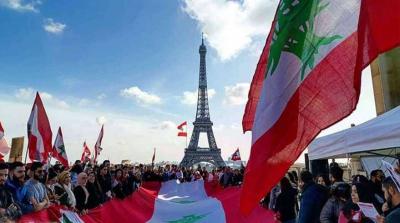The French presidential envoy to Lebanon, Jean-Yves Le Drian, is heading to Saudi Arabia before his visit to Lebanon on Wednesday. "An-Nahar" reported that French President Emmanuel Macron decided to send Le Drian at this time because he is convinced that the urgency to fill the presidential vacancy is more critical than ever. Following the events after October 7 and the Gaza war, the current situation in southern Lebanon cannot remain static; Lebanon must prepare for negotiations that will definitely take place regarding Resolution 1701, and the presidential vacancy cannot continue. The issue of southern Lebanon will soon be on the table in negotiations concerning the land borders and Resolution 1701. There is a risk that Israel may decide to find some solution regarding its northern borders, which means Lebanese officials must prepare for that. Everything depends on what happens concerning the Palestinian issue, and Lebanon must be ready so it is not excluded from the negotiations if they occur.
Additionally, France continues to send messages to "Hezbollah" and Iran regarding the need to avoid escalating conflict on the Lebanese front. However, the new element is that Paris believes the issue of southern Lebanon will soon be up for negotiation. According to "Al-Joumhouria," the French assert that "the necessity now requires that the Lebanese expedite their agreement among themselves to elect a president for the Republic, and a historic opportunity is currently available to complete this requirement."
The question that arises here is: Why this renewed French enthusiasm regarding the presidential file in Lebanon at this particular time when the world's attention is focused on the total destruction and genocide perpetrated by Israel against the Gaza Strip? One might say that this enthusiasm is shaped by France's political sentiment towards Lebanon and the depth of its historical ties. This is possible, but this stance is traditional, and the French emphasize it on every occasion.
It could also be suggested that this enthusiasm stems from the hypothesis that "the region is changing, and the war waged by Israel on Gaza will impose new facts or a new reality in the region, necessitating France to quickly reaffirm its role and presence in Lebanon with immediate and subsequent effects." This is also possible.
The French assert that Lebanon is in a state of danger; the south is at war. What concerns them is that the option of launching an Israeli war on Lebanon is present among Israeli political and military levels. At the start of the war on Gaza, voices in Israel called for a two-front war simultaneously: one front in Gaza and another in the north (with Lebanon). However, France sent warning messages to the Israelis, as did the United States, which exerted its weight to deter Israel from expanding the conflict toward Lebanon and imposed a limitation on the war in Gaza, preventing it from spilling over into other arenas. Opening a northern front against "Hezbollah" carries the risk of igniting a regional war whose extensions and repercussions cannot be contained. Nonetheless, the possibility of this war igniting remains, and should not be ruled out.




